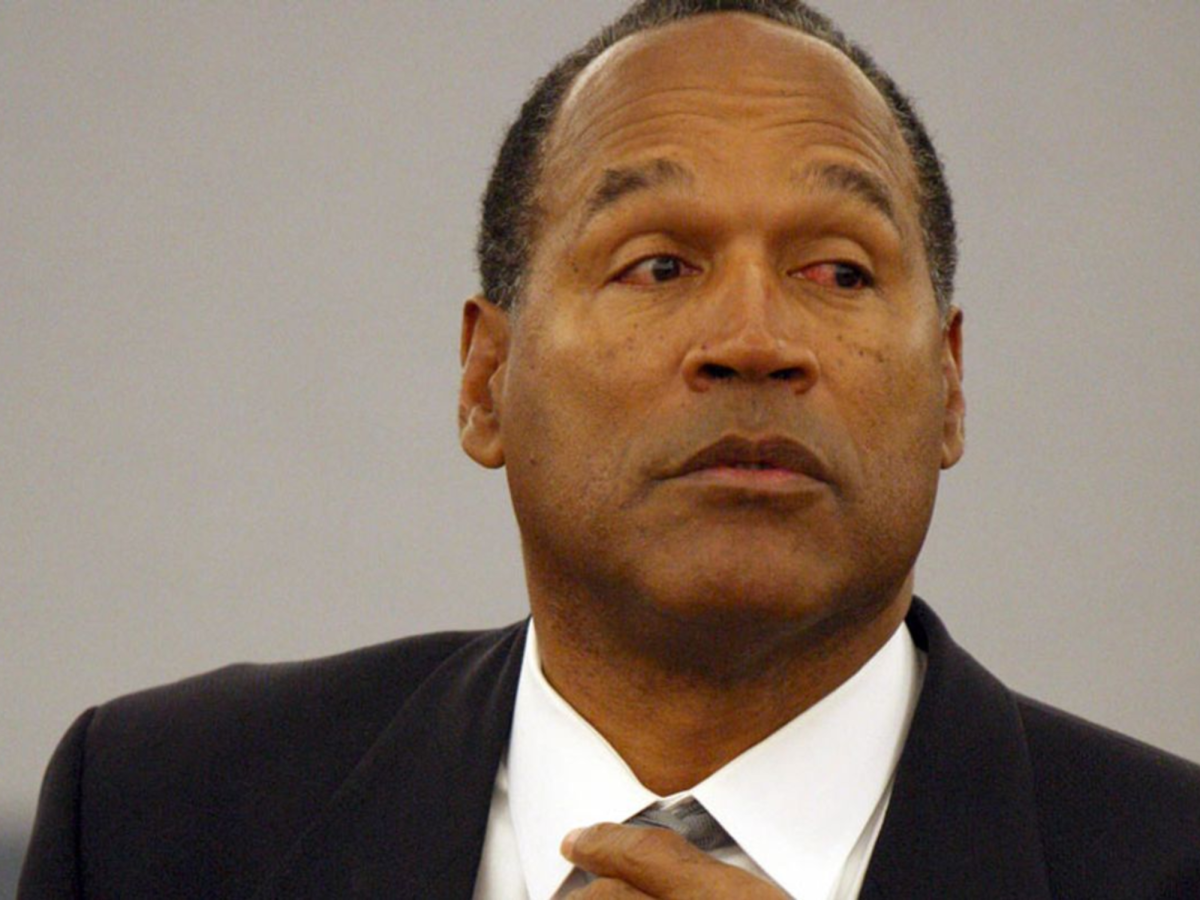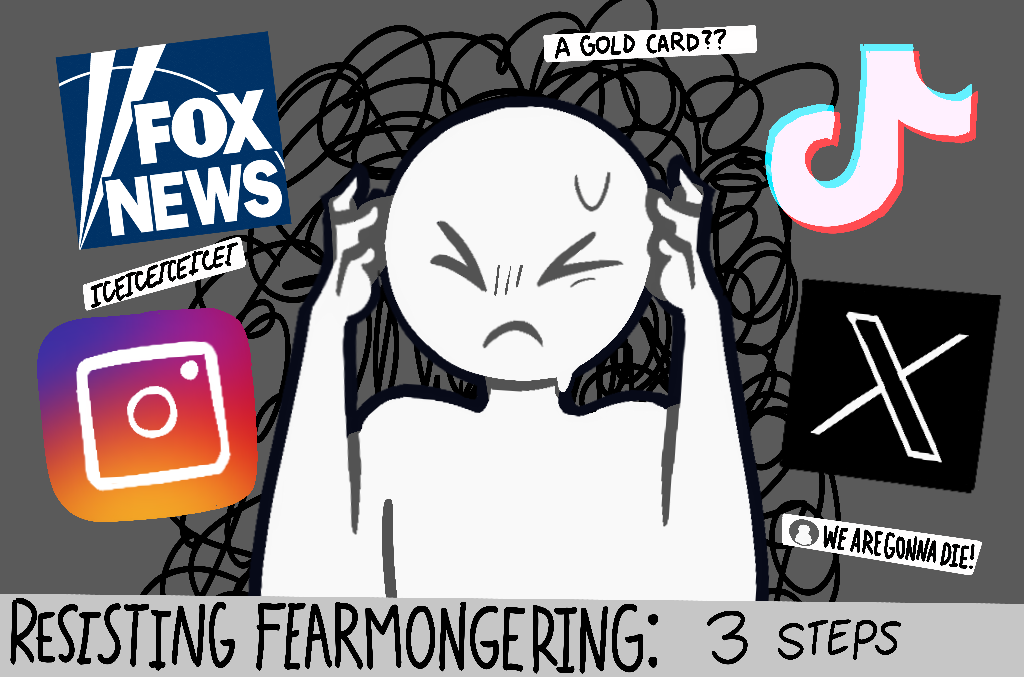April 10, the family of former National Football League (NFL) MVP and controversial pop culture figure, Orenthal James “OJ” Simpson, announced his passing on his X account. Simpson, whose contended legacy involves a Heisman win, stints in acting and a starring role in the “Trial of the Century,” surrendered to the effects of prostate cancer while surrounded by family and friends. In light of the hall of famer’s death, social media has become flooded with regards spanning from grief and sadness to joy and a sense of righteousness, due to the nature of the aforementioned trial.
“On April 10th, our father, Orenthal James Simpson, succumbed to his battle with cancer. He was surrounded by his children and grandchildren. During this time of transition, his family asks that you please respect their wishes for privacy and grace,” his family said.
Born in San Francisco during the 1940s, Simpson began his foray into the realm of pop culture through his acumen in football. At the City College of San Francisco, and later the University of Southern California (USC), Simpson showed significant promise at the sport. In fact, his success on the field helped lead his team to its second Heisman trophy win during the 1968 season. Upon his prowess in college ball, Simpson entered into the 1969 NFL draft, where the Buffalo Bills ended up signing him on as a running back; after his run with the team ended in 1977, Simpson proceeded to play for the San Francisco 49ers for two seasons before his retirement. Over his 12 seasons in the league, he accomplished several feats, such as NFL Offensive Player of the Year. His speed and agility ultimately earned the title of one of the best running backs in the history of the league, a reputation still regarded today.
Off the field, Simpson entered into the world of acting in a handful of films from the 1980s to the early ‘90s. From sagas such as “The Naked Gun” trilogy to individual films like “In the Heat of the Night,” the All-American jock showed his ability to captivate audiences through his humor and charisma. During that era in his career, Simpson married his then-wife, Nicole Brown Simpson, in 1985. Brown, whom he had first met eight years earlier, stood as Simpson’s second wife after his marriage to Marguerite Whitely ended in 1979. Between the two women, Simpson had fathered five children— three with Whitely, two with Brown.
In 1994, two years after Brown and Simpson decided to divorce, the former party, alongside her friend Ron Goldman, faced a brutal, murderous attack in Brown’s home in Los Angeles, in which they both died as a result. Due to an alleged history of domestic violence that Simspon perpetrated against Brown, Simpson became the prime suspect in the heinous crime, and his capture ultimately led to the iconic slow-speed Branco chase from law enforcement. Simpson formally received his accusation for the murder, then began the trial that would define a generation of media frenzy, public intrigue and the true extent of how money can buy power.
The televised trial, which began January 24, 1995, drew millions of Americans to their TV screens daily to watch the proceedings unfold. As the trial carried on, and over 150 witnesses entered the stand to testify, several notable events occurred, such as “If the glove doesn’t fit, you must acquit.” Simpson’s defense team, which consisted of attorneys such as the late Robert Kardashian and Robert Shapiro, argued that poor management of evidence by the local police force who found the crime scene harbored roots in racism, which stood as a pivotal way to display the legitimacy of the evidence. After an eight-month-long trial, the jury sequestered to deliberate and ultimately came to a decision in four hours. October 3, 1995, regardless of the mounds of physical evidence that stated the contrary, Simpson received a verdict of not guilty.
Americans, whose attitudes toward the trial stayed firmly separated on racial lines, showcased conflicting reactions toward Simpson’s verdict. In the aftermath of law-rooted shortcomings, the Black community celebrated the fact a Black man did not become another victim of a corrupt justice system. For white Americans, however, the general belief aligned with an overwhelming sense of conviction that the Hall of Famer did commit the accused crimes. Even today, in the wake of his death, the verdict Simpson received still polarizes citizens today and helped to redefine how far the privileges of money and status can take a person.
“ OJ being said innocent was a win for all minorities in America because it’s the one time the judicial system failed our way. The system for centuries has failed the African American community in particular and put innocent men in jail for decades where they die in a cell for just being Black. While with OJ Simpson the system let a Black man go free when there is a probable chance that he was guilty,” senior William Knight said.
In the aftermath of his trial, Simpson published a book titled, “If I Did It.” Published in 2006, Simpson detailed the hypothetical methods by which he would have carried out the murders of Goldman and Brown— if he killed them. Up until his death, Simpson proclaimed his innocence, even in the face of a book that read like a confession of sorts. As of the time of writing of this article, the Buffalo Bills and USC have not commented on his death.
















